Joy Taylor’s Controversial Take: Caitlin Clark Owes Angel Reese a Thank You
Fox Sports 1 host Joy Taylor has ignited a firestorm of debate across social media platforms with her bold assertion that basketball sensation Caitlin Clark owes Angel Reese a debt of gratitude for elevating her profile to unprecedented heights. Taylor’s provocative claim suggests that Clark is benefiting from Angel Reese, and not the other way around, crediting Reese as the catalyst behind Clark’s meteoric rise to superstardom. The controversial statement has divided sports fans and analysts alike, with many questioning whether the Fox Sports personality has fundamentally misunderstood the trajectory of women’s basketball’s most polarizing rivalry.
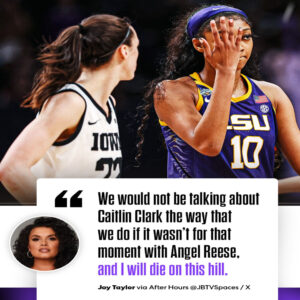
During her recent appearance on the Joe Budden Podcast, Taylor doubled down on her position with unwavering conviction, declaring that she would “die on the hill” of Angel Reese being the reason for Caitlin Clark’s meteoric rise to superstardom following her viral moment in the 2023 NCAA national championship game. The sports commentator’s passionate defense of her stance has sparked intense discussions about the nature of rivalries in professional sports and whether antagonistic relationships can genuinely benefit both parties involved. Taylor’s comparison of the Clark-Reese dynamic to legendary basketball rivalries suggests she views their contentious relationship as a foundational element of modern women’s basketball entertainment value.
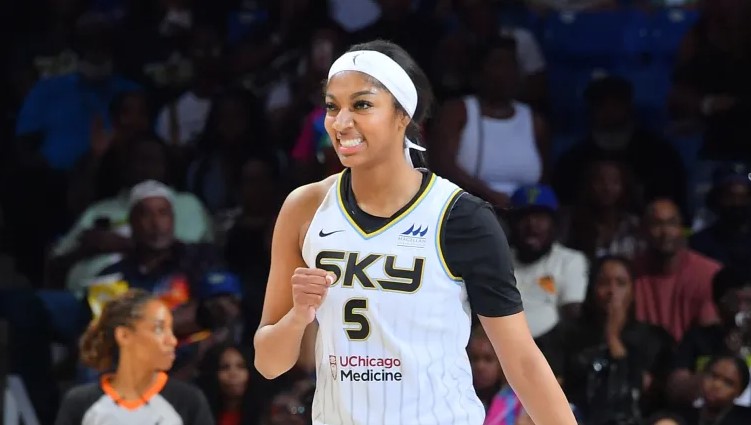
The genesis of Taylor’s argument stems from the infamous 2023 NCAA Championship game between LSU and Iowa, where the viral moment from their national championship showdown showed Reese doing Clark’s version of the “you can’t see me” gesture after LSU’s victory over the Hawkeyes. This singular moment of celebration, which many interpreted as disrespectful taunting, became a defining image of women’s college basketball and reportedly catapulted both players into the national spotlight with unprecedented intensity. Taylor argues that without this confrontational moment, Clark’s subsequent rise to becoming the face of the WNBA would have been significantly diminished, lacking the dramatic narrative that captured mainstream media attention.
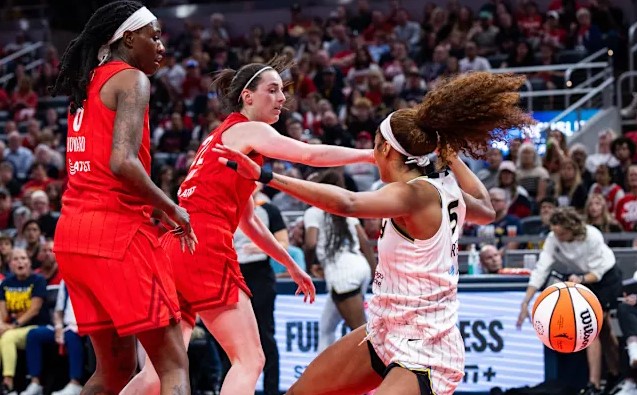
However, Taylor’s perspective has been met with substantial criticism from basketball analysts and fans who argue that her assessment fundamentally undervalues Clark’s extraordinary talent and statistical achievements throughout her collegiate career. Critics contend that Clark’s record-breaking performances, including becoming the all-time leading scorer in NCAA Division I basketball history, would have inevitably garnered national attention regardless of any individual confrontational moments with opposing players. The debate has highlighted the complex relationship between athletic achievement and media narratives in determining public perception and commercial success in professional sports.
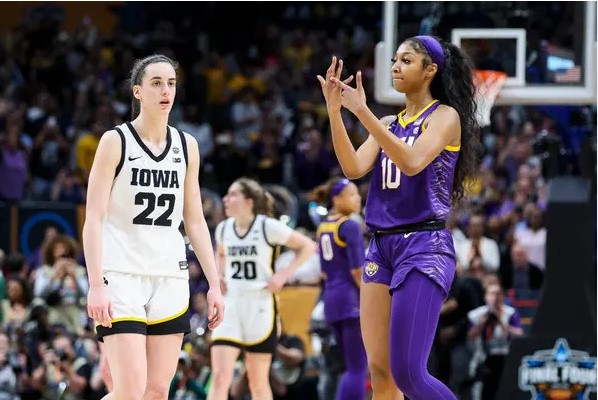
Taylor described the rivalry as “The Magic Johnson, Larry Bird Moment for the WNBA,” emphasizing the transformative impact she believes their contentious relationship has had on women’s professional basketball. This comparison to one of basketball’s most legendary rivalries suggests that Taylor views the Clark-Reese dynamic as essential to the current surge in WNBA popularity and viewership numbers. The analogy implies that competitive antagonism between star players can elevate an entire league’s profile, drawing casual sports fans who might otherwise overlook women’s basketball into becoming invested spectators.
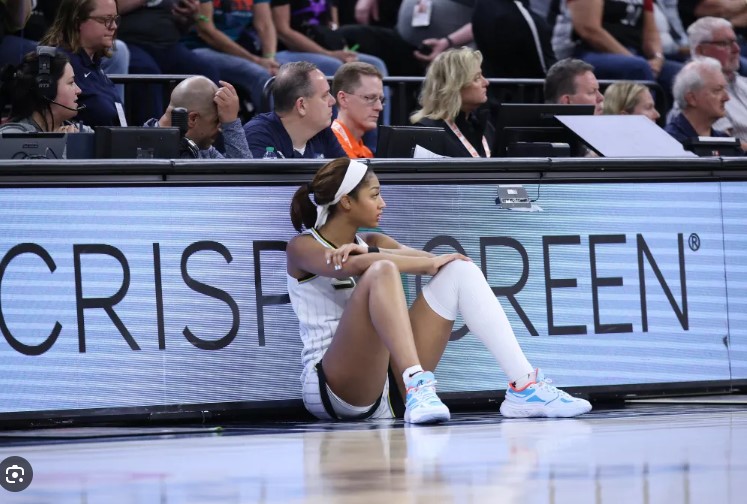
The timing of Taylor’s comments has proven particularly controversial, coming at a moment when both Clark and Reese are establishing themselves as cornerstone players in the WNBA following their successful transitions from college basketball. The Indiana Fever star has quickly become the face of the WNBA since making the step up from college basketball, while Reese has similarly found success with the Chicago Sky, making Taylor’s assertion that one player owes the other for their individual success increasingly contentious. The ongoing success of both players in professional basketball has complicated Taylor’s narrative, as both have demonstrated their ability to excel independently of their collegiate rivalry.
Social media reactions to Taylor’s statements have been overwhelmingly negative, with many users expressing frustration at what they perceive as an oversimplification of Clark’s remarkable basketball achievements and work ethic. Critics argue that attributing Clark’s success primarily to her rivalry with Reese diminishes the countless hours of training, strategic development, and natural talent that have made her one of the most skilled players in women’s basketball history. The backlash has highlighted the sensitivity surrounding discussions of individual achievement versus narrative-driven success in professional sports.
The controversy has also raised broader questions about the role of sports media personalities in shaping public perception of athlete relationships and individual accomplishments. Taylor’s willingness to make such definitive statements about the interdependence of two players’ career trajectories reflects the increasingly polarized nature of sports commentary in the social media age. Her comments have sparked discussions about whether media figures should focus more on celebrating individual achievements rather than creating dramatic narratives that may overshadow athletic excellence.
As the debate continues to unfold across various platforms, it remains clear that Taylor’s provocative assertion has successfully generated the kind of engagement and discussion that modern sports media often seeks to achieve. Whether her perspective will influence how fans and analysts view the Clark-Reese rivalry moving forward remains to be seen, but the controversy has undeniably brought additional attention to both players and the broader conversation about women’s basketball’s growing popularity and cultural significance in contemporary sports entertainment.